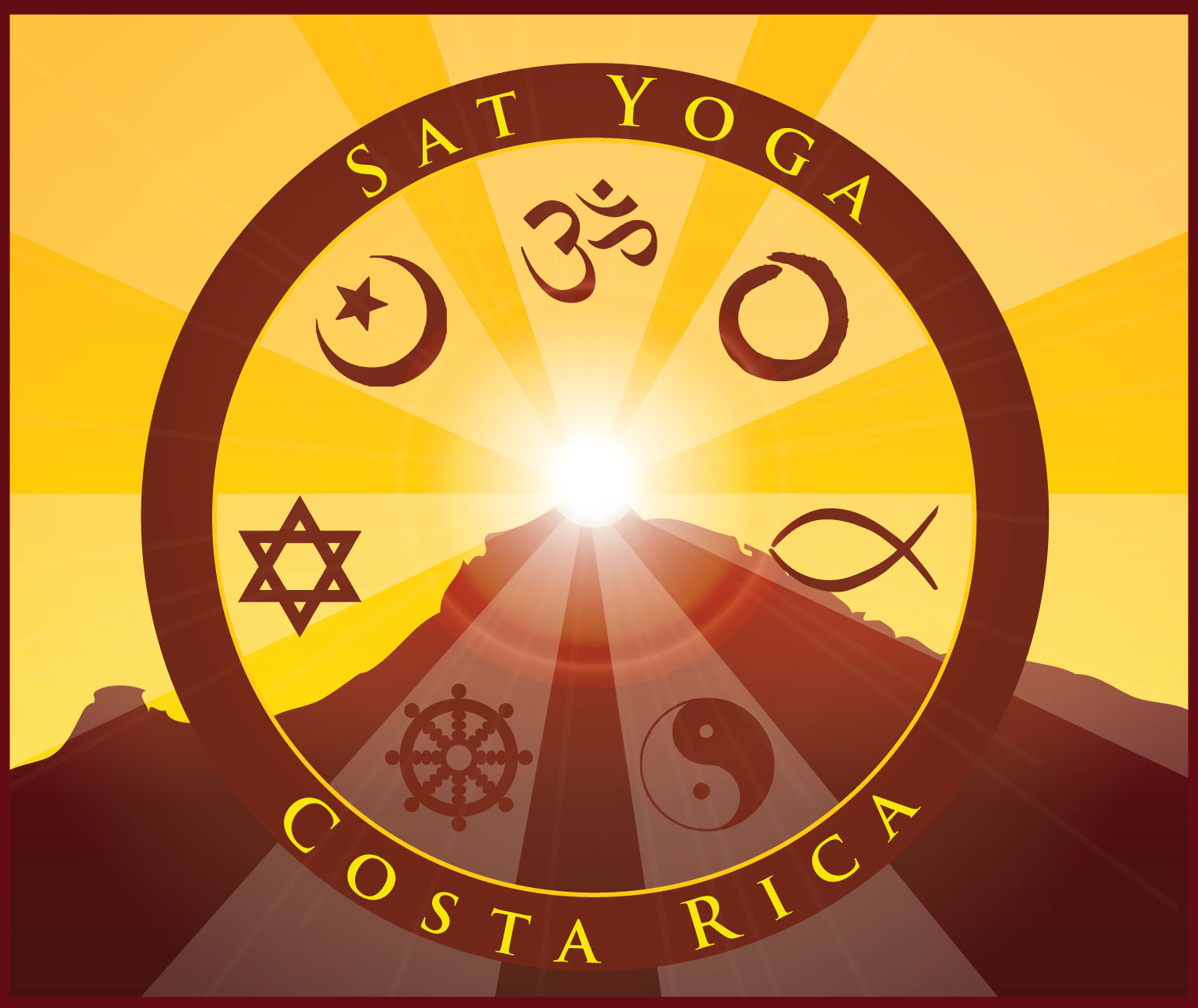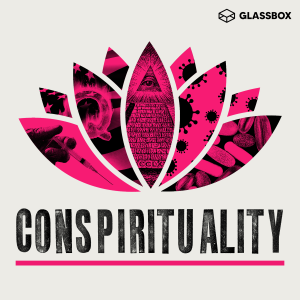

“Sri Ramana was often emphatic in saying that meditation is a non-objective process,” reminds Shunyamurti, the spiritual director of the Sat Yoga Institute in Costa Rica. “But it is also important that we emphasize that neither is meditation a subjective process. . . . And the word ‘subject’ has important ramifications. . . . Subject means ‘under the control of.’ A subject of the king or the queen of England, for example, a political subject; one is subject to various influences. And the ego is, in fact, an objectified subject, or subjectified object, but it is subjected to the objective image of itself and of the world. So to escape those influences, we must transcend subjectivity as well as objectivity.”
And, as it turns out, transcending this subjectivity is the one way to truly help the world out of this “knot” that it has been stuck in, “by meditatively sacrificing the egoic identity back into the foundation—into the ocean of consciousness that is nondual—that transcends first person, second person, third person (of language); it transcends ideas of God; and it also transcends ideas of atheism. It transcends all ideas because ideas, being linguistic forms, are caught in duality. And, the only way out, is through entering into the silence of pure Presence.”
And this “enables us to live joyously again—not with fear, no longer with any phobias, or crippling inhibitions—or need for exhibitions—because there is no ego that’s caught in that trap of either being superior or inferior; having or not having; being or not being. All of those dilemmas that can never be solved through any action we can perform in the world, until we have transcended the world, and return as the avataric vehicle of the Supreme Presence.” Recorded on the evening of Thursday, August 12, 2010.
More Episodes
All Episodes>>You may also like
Creat Yourt Podcast In Minutes
- Full-featured podcast site
- Unlimited storage and bandwidth
- Comprehensive podcast stats
- Distribute to Apple Podcasts, Spotify, and more
- Make money with your podcast












